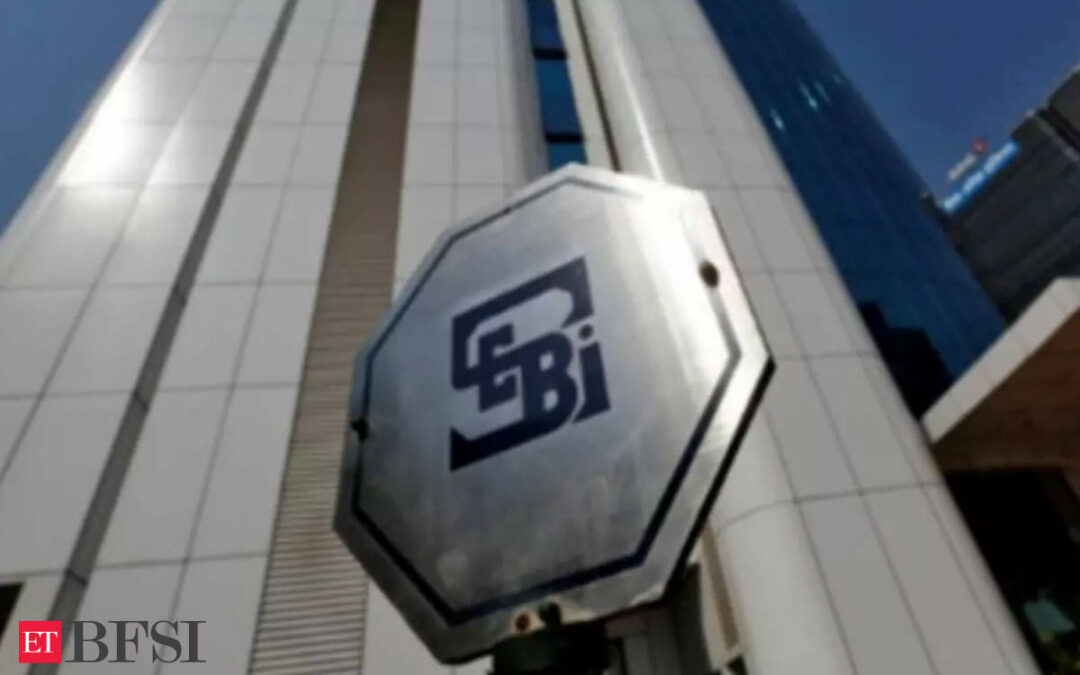Mumbai: Indian private equity houses, venture capital, and angel funds attracting big money from rich investors will have a governance code.
The Securities & Exchange Board of India (Sebi), which does not want any blowup in these alternative investment funds (AIFs) that have emerged as one of the country’s fastest-growing asset classes, has asked the industry to find ways to discipline the bad actors.
The message was put across by the Sebi top brass in a recent meeting with senior industry officials, two persons aware of the matter told ET.
The Indian capital market regulator, which has been bringing in new rules in the face of resistance from many funds, finds itself vindicated today with the US Securities & Exchange Commission overhauling private fund disclosure requirements and banning any secret deals that give preferential treatment to some investors among other things. The SEC’s move has not gone down well in the US PE world, and half a dozen fund groups have sued the regulator for, what they feel, is “overstepping statutory authority”.
“While I feel Sebi is on the right track, it should remember that an AIF investor, putting in a minimum of ₹1 crore, is a savvy investor who does not need the regulatory protection given to a retail investor in a mutual fund. So, it need not tell funds how much it can invest in unlisted shares, or what a fund should do when it is unable to exit investments before the fund life ends. After all, these are mature investors who are aware of the risks,” said the CEO of a large fund.
Most in the fund world, however, agree that the Indian Venture and Alternate Capital Association (IVCA), the local lobby, should transform to rein in member funds that twist rules and aggressively interpret Sebi’s regulations.
“The regulator may consider easing the compliance burden only if the industry behaves properly. Sebi, probably, would like IVCA to develop a code of ethics and conduct as AMFI (Association of Mutual Funds in India) has done for mutual funds,” said another person aware of the discussions.
The contours of the proposed code have not been drawn. Fund circles feel there could be a framework where AIFs have to give periodic self-declarations to the industry body and commit at the time of licence renewal to have followed the rules.
“One of the biggest issues is conflicted transactions, like a fund dealing with a sponsoring entity or the manager. Also, Sebi wants AIFs to follow the regulations in spirit, and take a conservative interpretation. I feel this is where IVCA would have to play a role – act as a neutral body and maybe, even be a whistleblower if it spots a breach,” said another person.
There may be cases where the disclosure is inadequate. For instance, a manager raising money may market the fund by claiming a track record of high returns generated in an overseas fund. “But an overseas fund can take significant leverage and the returns could be much higher. If this is not disclosed, investors may be misled,” he said.
Between June 2022 and June 2023, commitments raised (from investors) by AIFs are more than ₹1.5 lakh crore while funds raised are around ₹63,000 crore.
Among the important changes brought in by Sebi in the past two years are treating all investors equally (on a pro-rata basis) so that some are not paid off before others, and adopting of uniform valuation standards across funds.
“AIFs are becoming bigger and bigger. They tread into areas like acquisition funding which commercial banks stay away from. The investors in AIFs are ultra-HNIs and institutions. So, like mutual funds, the industry is slowly developing lobbying power. This is why Sebi has to set the rules. There are codes of conduct for sponsors, managers etc, the regulator wants IVCA to have a governance code for its members,” said an industry expert.
Such a code would understandably apply to local funds and not overseas PE/VC funds investing in Indian companies through the foreign direct investment (FDI) route. Of the 1,000 Sebi-registered AIFs in India, 44% are IVCA members.











